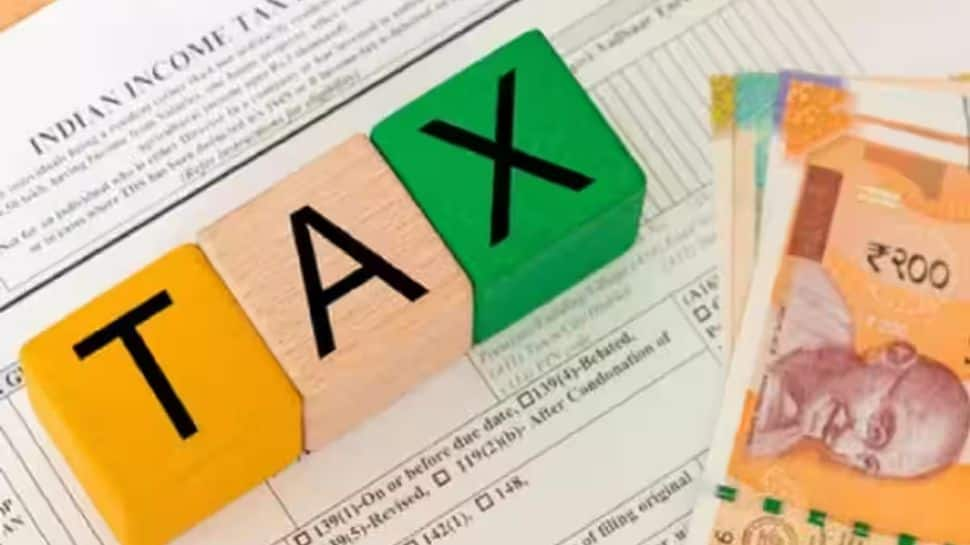Big Relief For NRIs: US Senate Cuts Proposed Remittance Tax From 3.5% To 1% | Personal Finance News

[ad_1]
New Delhi: Indian expats in the U.S. may soon get some relief on money transfers back home. The final draft of the ‘One Big Beautiful Bill Act’, backed by former President Donald Trump, now proposes slashing the remittance tax to just 1 per cent. This is a major reduction from earlier versions which suggested a 5 per cent levy, later brought down to 3.5 per cent in the House proposal.
The revised proposal is expected to benefit around 2.9 million Indians living in the U.S.—the second-largest immigrant group in the country, according to the Migration Policy Institute. As per The Economic Times, the Senate’s latest draft, released on Friday, limits the 1 per cent remittance tax only to physical transfers like cash, money orders, or cashier’s cheques. Transfers made through bank accounts, credit or debit cards, and official financial channels will remain tax-free.
Lloyd Pinto, Partner–US Tax at Grant Thornton Bharat, shared that Senate Republicans have released an updated draft of the proposed ‘One Big Beautiful Bill Act’ and are aiming to get it passed by their self-imposed deadline of July 4.
“The updated Senate version significantly changes the remittance transfer provisions that was passed by the House Republicans. In the latest Senate draft, the remittance transfer tax has been reduced to 1 per cent from the erstwhile proposal of 3.5 per cent,” he said.
Interestingly, the Senate’s proposal does not include transfers made through bank accounts or using debit and credit cards issued in the U.S. The 1 per cent remittance tax will apply only to transfers where the sender uses cash, money orders, cashier’s checks, or similar physical payment methods. This new rule is set to take effect from January 1, 2026.
“This should come as a huge relief for the NRI community in the U.S.,” said Pinto, “as they won’t have to pay the remittance tax if they send money through accounts with designated U.S. banks or use debit or credit cards issued in the country.” (With IANS Inputs)
[ad_2]
Source link







